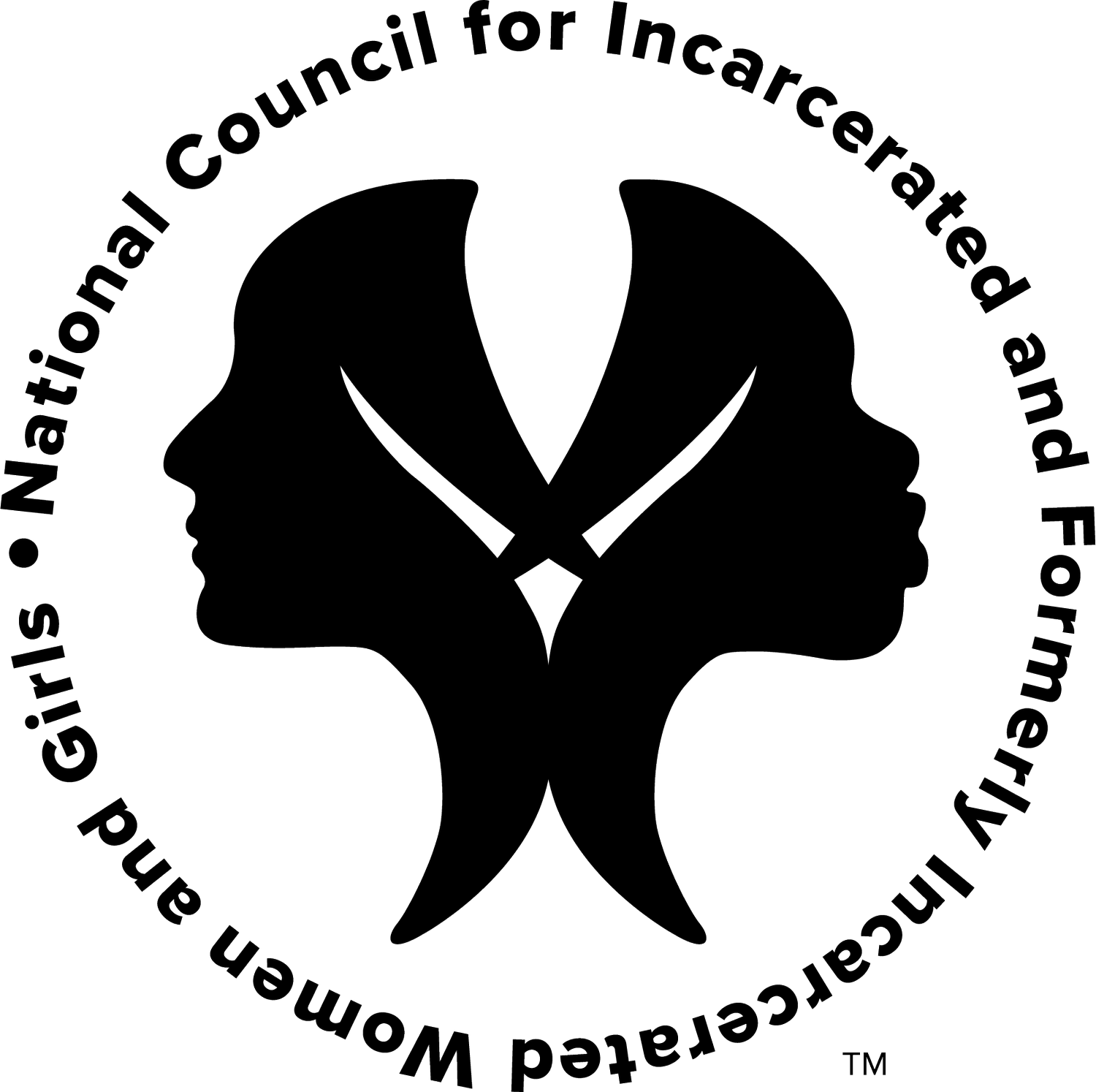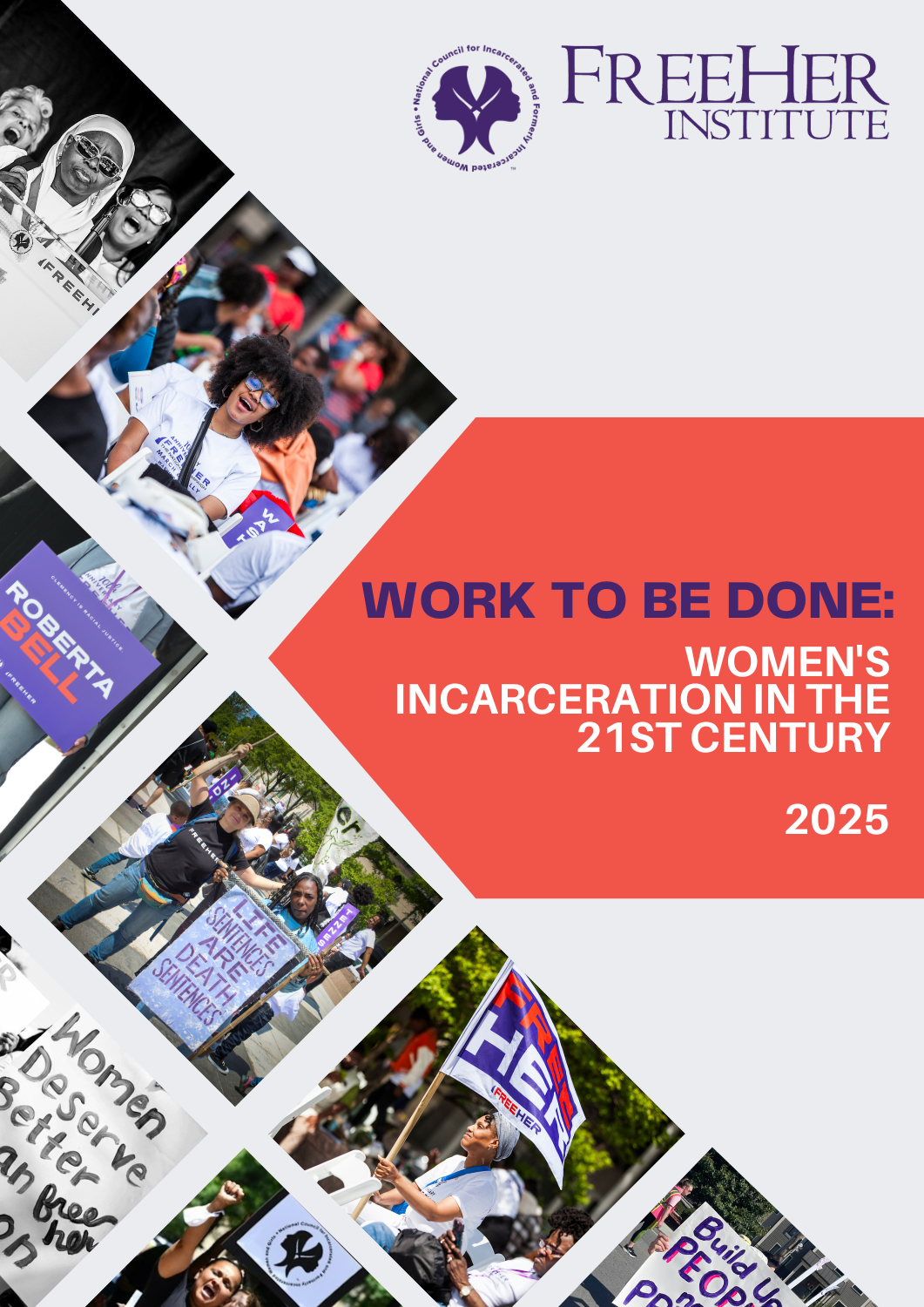Work to be done: women's incarceration in the 21st century 2025
For more than half a century, incarceration has haunted communities across the United States, leaving deep scars on families, neighborhoods, and generations. What began as a policy response under the so-called “War on Drugs” in the 1980s evolved into a sprawling carceral state—one that has failed to deliver safety, while succeeding at keeping communities poor, fragmented, and traumatized. Those who have lived its realities know the cost: the empty seat at the table, the lost income, the untreated illness, the thwarted potential, and the overall disastrous level of family and economic disruption in communities most directly affected.
Despite these profound harms, the experiences of incarcerated women have long been absent from academic research and public discourse. Historically, women’s incarceration has been treated as an afterthought—statistically invisible, politically marginalized, and socially stigmatized. That absence has come at a price: without their stories and data, the policies meant to “reform” incarceration have continued to replicate the very injustices they claim to address.
Work to Be Done: Women’s Incarceration in the 21st Century is a corrective to that silence. As the inaugural publication of the FreeHer Institute, the think tank of The National Council for Incarcerated and Formerly Incarcerated Women and Girls, this report compiles two decades of data, analysis, and lived experience to illuminate how incarceration harms individuals, destabilizes communities, and corrodes public health and local economies. It traces the enduring role of race and gender in sentencing and punishment, and documents how these traumas echo across generations. Most importantly, it centers the voices of women—those who have survived incarceration and who now demand that their truths shape the path forward.
This report asserts what has too often been ignored: that the specific vulnerabilities and strengths of women must be central to any serious conversation about justice. Women’s health needs, their roles as caregivers, and the economic precarity that funnels them into the criminal legal system require attention—not erasure.
Yet even as evidence mounts against incarceration, states like Vermont, Massachusetts, Kentucky, and New Jersey are pouring hundreds of millions of dollars into new women’s prisons. These projects defy both data and humanity. Research shows clearly that prisons do not create safety—they deepen cycles of violence and poverty while consuming public resources that could be invested in housing, healthcare, and education.
We at the FreeHer Institute stand for abolition—not as a theory, but as a practical necessity for justice, safety, and collective healing. To that end, this report offers concrete policy recommendations rooted in research and experience:
Confront the racist history of the carceral system, and end the paradigm that rewards wealthy communities with resources while targeting Black, Brown, and poor communities for punishment.
Expand the legal definition of “primary caregiver” to allow women to return home to care for children, elders, and family members with special needs,
Reform conspiracy laws and sentencing guidelines that entrap women on the peripheries of drug cases in guilt by association.
Create a national clearinghouse of state pilot programs that demonstrate effective, community-based alternatives to incarceration.
Invest in voluntary, non-coercive diversion programs that treat addiction as an illness, not a crime.
Implement retroactive resentencing for those imprisoned under outdated or repealed drug laws, including marijuana offenses now legalized in many states.
Decriminalize both drug use and paraphernalia, redirecting policy toward care, not punishment.
Provide a second look for parole eligibility and recommendation for incarcerated people who have accomplished bachelor’s degrees and higher education.
Fully implement medical and elder parole.
The work ahead demands more than policy reform—it demands truth-telling, accountability, and courage. This report affirms that change must be led by directly affected women and grounded in the knowledge that justice is not achieved through cages. It is achieved through community, care, and investment in people.
There is work to be done—and this is where it begins.

